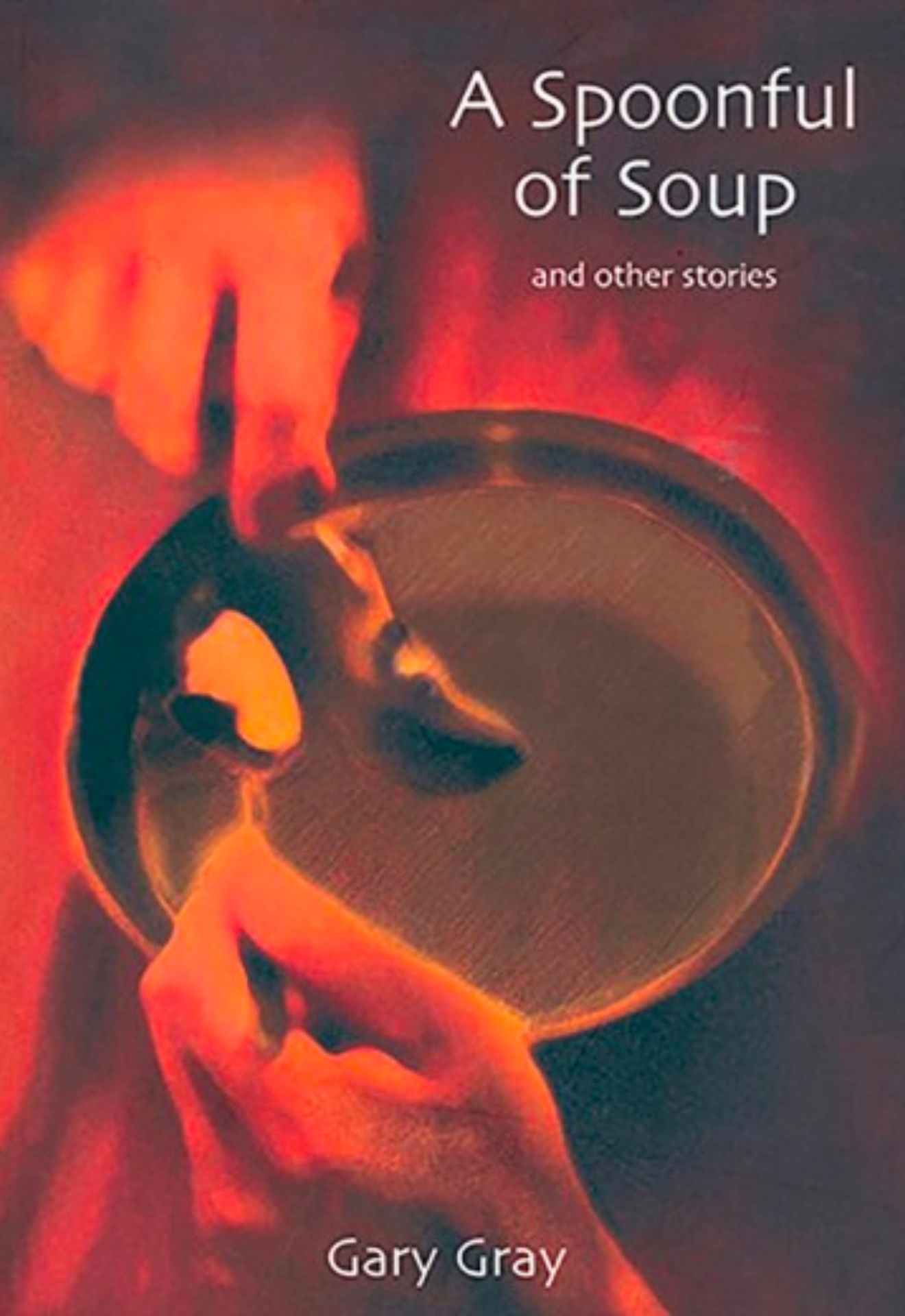I Just Came back from Auschwitz
| A short story by Melbourne writer Gary Gray. His simply written stories of life during war and survival have been widely acclaimed. |
|
“Dad, let's go with you to Poland. We want to see where you were born, where you suffered during the War, where you lived and worked after the War. We want to see Auschwitz, where your parents perished.” The last opportunity to spend two weeks with my three daughters was probably skiing in Mt Buller, or some other summer holiday, but that was more than a quarter of a century ago. So, nolens volens, as they say in Latin (whether I want it or not), I agreed to that proposition. Warsaw , where we landed first, greeted us with that warm “golden Autumn” sunny weather. ‘Zlota jesien' they call it in Polish. There isn't that much to rave about the few days I spent in that city. Yes, I could see more traces of Jewish life that I couldn't find when I was here last time, some twenty years ago. Yes, I even saw an Israeli dancing group called ‘Snunit' – enthusiastic dancers rehearsing some program for the approaching Rosh Hashana celebration. But still, I felt something strange. Is that renaissance of Jewish life really genuine, I asked myself. I don't really know the answer. The Jewish History tour my daughters took was excellent. The well-informed Polish tour guide voluntarily extended the tour giving them detailed commentary on everything they should know and everything they wanted to know. The tour included synagogues, cemeteries, the ghetto district, the U mschlagplatz the monument to the Warsaw Ghetto uprising heroes and other Jewish cultural centres. Krakow 's Jewish quarter Kazimierz is a trip no visitors should miss. A three-hour walking tour of that part of the city that my daughters took was guided by a young Polish lady who I was told spent five years studying Hebrew and Yiddish literature including three years studying the Holocaust. Her knowledge of every building in Kazimierz, every sign on old Jewish buildings, synagogues, cemetery or commercial places, was translated, commented on, with great knowledge of every detail. It was heart-warming to see on the wall of one of the synagogues a big sign “Rosh Hashana Concert – 3 October at 19.00”. No way could I get any tickets, as it was booked out days prior, mostly by non-Jewish patrons. I could judge it waiting on the night of the performance, hoping that someone would have a spare ticket for sale. It was so refreshing to see in the local daily newspaper a forthcoming concert of a Jewish choir from Leipzig to take place in the Great Hall of that famous century-old Jagielon University , a concert which incidentally, was also completely booked out. Sukiennice, in the Krakow main square – a hall with many stalls selling traditional goods – was full of Jewish Chasidic figurines, paintings, candelabras etc. I really do not want to elaborate on our visit to my birthplace, Sosnowiec . It was the most unpleasant part of our trip. We spent only a very short time there, being looked at by the locals as if we had just come from a different planet. It was a most uncomfortable experience and I promised myself I would never return. |
| --o0o----o0o----o0o----o0o----o0o----o0o-- |
|
How can I describe my feeling on arrival to the 'highlight' of our trip, Auschwitz, a place that swallowed my family, my mum and dad and my little sister with blue eyes – Ada ? Somehow it was rewarding to see so many buses in front of the Auschwitz Museum – buses from all over Europe – east, west, north and south. Hundreds of visitors, young and old, allocated to different guides visiting the place in an orderly and well-organised manner. The middle-aged Polish female guide had a good command of English, and did of course explain that the majority of the slaughtered were Jews – victims of the Final Solution, planned so methodically by the Wansea Conference. However, most of her descriptive information concentrated on the suffering of the non-Jewish Polish political prisoners, Polish intelligentsia and clergy. I wasn't sure if I was judging it objectively and correctly so I didn't comment on it to my daughters. How pleasantly surprised I was later when, on our way back to Krakow, my kids bitterly shared similar concerns to our driver who had close contact with all the teams of guides, as he was doing the job on a daily basis. Passing through Auschwitz and Birkenau, I did not ask myself the unanswerable questions that Elie Wiesel touches upon in his books, and Sam Lipski commented on in his recent article about Akeidah, the biblical account of God's call for Abraham to sacrifice Isaac. Let me only tell you, that when passing through the rooms with that mountain of shoes, suitcases, hair and toothbrushes, I asked myself different questions. IS THERE MY MUM'S SUITCASE, MY DAD'S SPECTACLES OR MY SISTER'S TOOTHBRUSH AMONG THEM? I remember my daughter Elisa playing Yentl in Saltpillar Theatre years ago where she was fighting for the right of a girl to say Kaddish and saying it dressed up as a boy. HERE IN AUSCHWITZ, YEARS LATER, STANDING IN FRONT OF A SMALL MONUMENT ERECTED ON THE ASHES FROM THE CREMATORIA, MY ELISA COVERED HER HEAD AND OUR HEADS AND RECITED KADDISH FOR MY PARENTS. |
| Gary Gray |
 Buy Gary's book "A Spoonful of Soup" |
| Back to the Gary Gray page |
| Back to the Authors page of Jewish Australia.com |



















